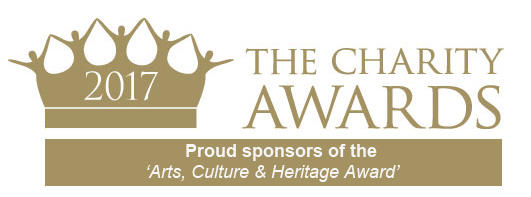The role of an effective board plays can be make or break, so strength and diversity is vital, says Juliet Taylor.
The right team of trustees for any arts, culture or heritage organisation is a formidable asset when we all find ourselves on shifting sands. Yet there is little guidance available centrally and consistently on how to plan, recruit for and support high performing boards. In particular, while there has been increased and often intense scrutiny on board governance, the human aspect of effective boards is easily overlooked. The challenges presented by the environment in which today’s not for profit organisations have to operate places a premium on strong and resilient boards that are equipped to steer the course. What should boards be thinking about?
Energy within diversity
“Old solutions do not fit all the time in a changing environment, so you need influences in the team which will move the agenda on.” Highly effective boards become empowered through the range of skills, experiences and styles in their trustee teams. They often have heightened challenge power, generated by a range of thinking styles, backgrounds and attitudes. They express high levels of self-awareness and can see issues from all angles. Because of that, they are often ahead of the game and can get the executive team to see and do things it might not have done on its own.
A strong chair is vital
Even the most diverse, motivated and committed boards don’t achieve results by themselves. A strong and skilled chair is essential and will handle a board in a way that achieves more than the sum of its parts. It’s a real art: a diverse board, led by a chair who is inspired and enthused by the range of talent around the table will achieve powerful results for everyone.
Values and social attitude
Boards in this sector additionally require sensitivity to, and empathy with, the cause. Alignment of personal values is critical when seeking trustees from beyond existing networks or sector boundaries. An attachment to, and personal connection, with the mission may not be enough – trustees, and the chair in particular, will need to demonstrate a deeper connection with the organisation’s driving force and to pick up and respond to cultural cues and nuances. Respect is key, but to work well boards need a range of additional personal qualities including emotional intelligence, the ability to understand and relate to service users and other stakeholders, the ability to listen and a range of thinking and decision-making styles.
Demanding more
The voluntary nature of trustee roles can deter organisations from investing resource in making the appointments. To overcome this, attempts are made to utilise existing networks and the organisation considers itself fortunate when a sympathiser willingly steps forward to accept a role. There may be little or no real exploration into the value the appointee will add, and limited thought in terms of their addition to the trustee team. While big brand charities may not struggle to attract interest from a broader population, the challenge is different from many smaller organisations. Be ambitious in your pursuit of trustees. The role an effective board plays can be make or break: consider the cost of an ineffective trustee team. If you haven’t got the board you need, you have no option but to change it and trustees – as executives – need to know when it’s time to go.
Civil Society Media wishes to thank GatenbySanderson for its support with this article
Juliet Taylor is partner and head of not for profit practice at GatenbySanderson









